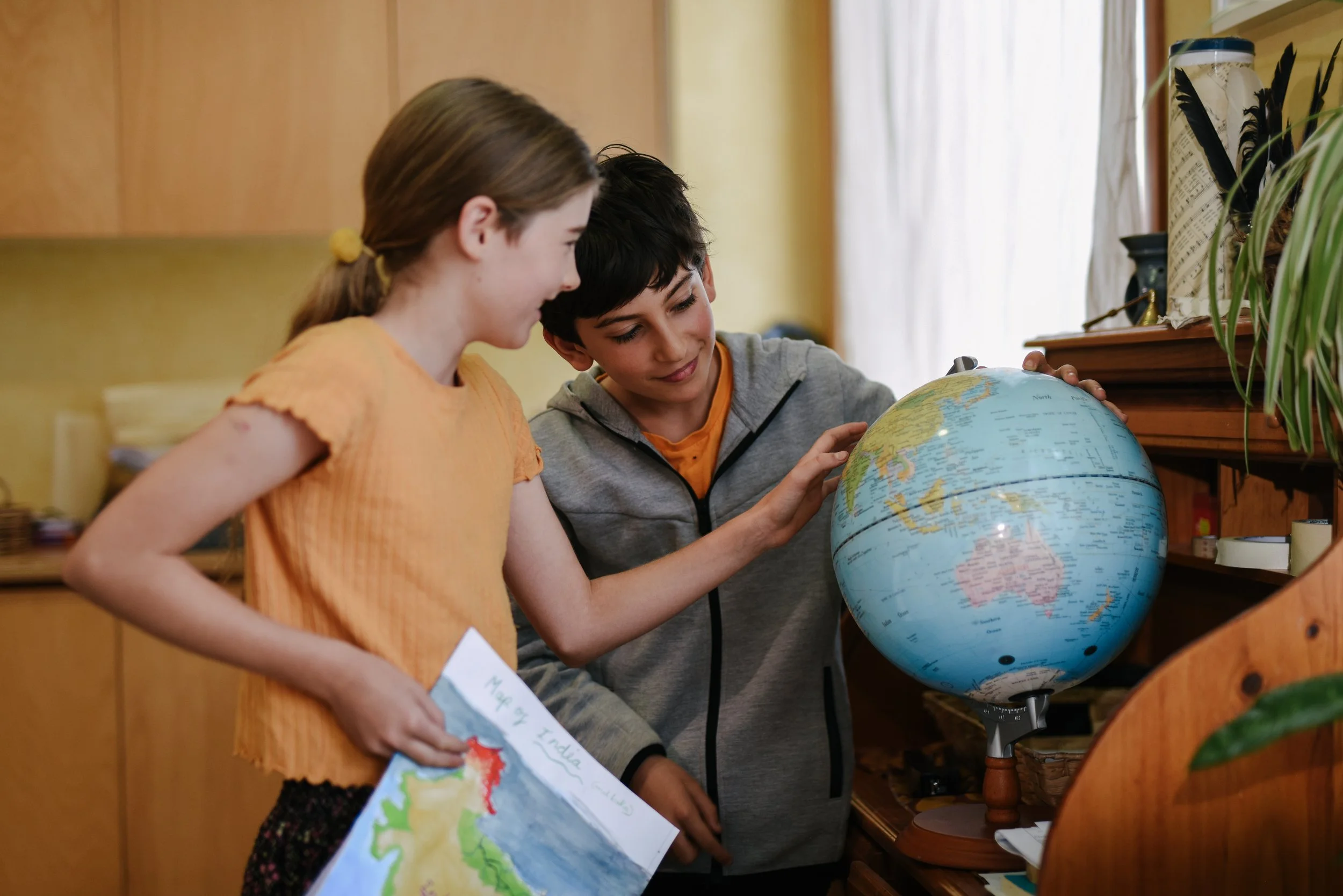Class one to six
At Ballarat Steiner School, our Primary years offer a rich, nurturing, and developmentally aligned educational experience. We combine the best of Steiner pedagogy with evidence-based education programs to ensure every child builds strong foundations for lifelong learning.
Our approach to literacy and numeracy is hands-on, engaging, and grounded in current research. Programs such as Sounds-Write and MiniLit are integrated into our teaching to support all learners—particularly in the early years—by providing structured, explicit instruction in phonics and reading. These programs are proven to build confidence and capability in young readers.
Imaginative learning remains central to our curriculum. Through storytelling, visual arts, drama, and music, children develop creative thinking, emotional intelligence, and a deep connection to their learning.
Our curriculum is carefully timed to align with each child’s developmental stage, supporting not just academic growth but also emotional and social wellbeing. We believe that learning should be meaningful and foster a sense of wonder, curiosity, and purpose.
By blending Steiner’s holistic philosophy with proven, research-backed teaching methods, we offer a truly child-centred education that prepares students for both academic success and a creative, compassionate life.
“It is important that we discover an educational method where people learn to learn and go on learning their whole lives.” - Rudolf Steiner
